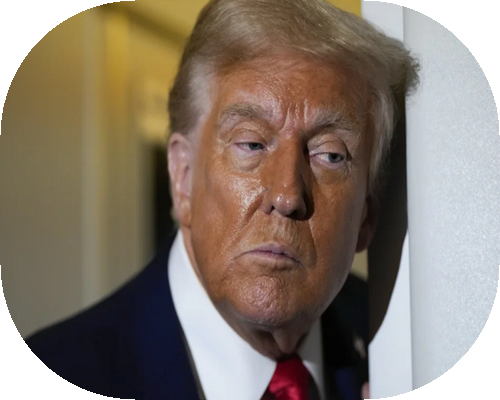White-collar crime hides behind polished smiles and expensive suits, but the damage it causes runs deep. Unlike street crimes, which grab headlines with violence and spectacle, white-collar crimes often unfold quietly in boardrooms and back offices. The perpetrators don’t carry weapons—they manipulate numbers, forge signatures, and exploit trust. Yet the financial toll on individuals, corporations, and entire economies often dwarfs that of traditional crimes. The damage isn’t just monetary. It erodes public confidence, upends lives, and corrodes the justice system’s credibility. Despite its staggering cost, white-collar crime rarely triggers the same outrage or scrutiny. That silence needs breaking.
- Understanding What White-Collar Crime Really Is
White-collar crime refers to non-violent offenses committed for financial gain, typically by professionals in business or government. These crimes include fraud, insider trading, embezzlement, bribery, identity theft, and cybercrime. The offenders often hold positions of power and trust, making their actions all the more damaging. These crimes don’t just skim from the top—they can destroy retirement funds, collapse companies, and devastate local economies. The victims, often unaware, face long-term consequences. Understanding these crimes helps shift public perception, which frequently treats them as less serious. But white-collar crime deserves the same moral outrage we reserve for other forms of theft or abuse.
- Why Most People Don’t Talk About White-Collar Crime
Despite its massive consequences, white-collar crime rarely dominates public discussion. That’s partly because it lacks the visual drama that typical crimes present. It doesn’t play well on the evening news. Victims often don’t even realize they’ve been harmed until years later. And the perpetrators? They’re often seen as respectable—business leaders, accountants, or public officials—making it hard for the public to equate their actions with criminality. This invisibility means fewer calls for reform and weaker demand for justice. Students pursuing a BS in criminal justice online often study this very disparity, exploring how white-collar offenses slip through cracks in both the legal system and public awareness
- The Financial Impact: Far Worse Than Street Crime
The financial cost of white-collar crime eclipses that of all street crimes combined. While a bank robbery might net thousands, a single corporate fraud scheme can cost billions. Bernie Madoff’s Ponzi scheme, for instance, led to losses exceeding $65 billion. Insurance fraud alone costs the U.S. tens of billions annually. And let’s not forget cybercrimes, where coordinated attacks can wipe out years of profits overnight. The scale is staggering because the criminals often have direct access to sensitive data, financial systems, or corporate resources. It’s not just a matter of theft—it’s a wholesale looting of trust and infrastructure.
- Real People, Real Victims
It’s easy to think of white-collar crime as victimless, but the human cost is anything but abstract. Employees lose pensions. Investors watch their savings vanish. Patients suffer when healthcare fraud bleeds hospitals dry. Families get evicted when housing scams collapse. The emotional toll—stress, depression, even suicide—can be brutal. What’s worse is that victims rarely get justice. Court settlements often reimburse only pennies on the dollar. And offenders frequently avoid prison, instead paying fines that barely dent their wealth. Real people suffer real consequences while the public narrative continues treating these crimes as minor infractions. That disconnect needs a hard reset.
White-collar crime may wear a suit, but it leaves behind just as many scars as any violent act. It destroys futures, undermines trust, and weakens entire economies—all while escaping the spotlight. The justice system must stop treating it as a second-tier offense. Corporations must prioritize ethics. And the public must demand better. Whether you’re studying criminal justice or navigating the financial world, understanding and confronting white-collar crime is no longer optional. It’s time to strip away the polish and hold these crimes accountable—for the sake of justice, fairness, and a future built on integrity.
How useful was this article ?
Click on a star to rate it!
Average rating 0 / 5. Vote count: 0
No votes so far! Be the first to rate this post.
We are sorry that this post was not too useful for you!
Let us improve this post!
Tell us how we can improve this post?















